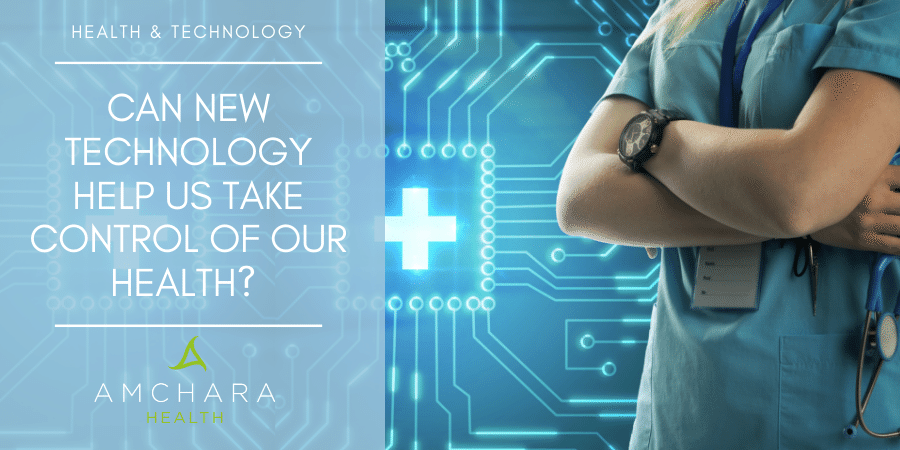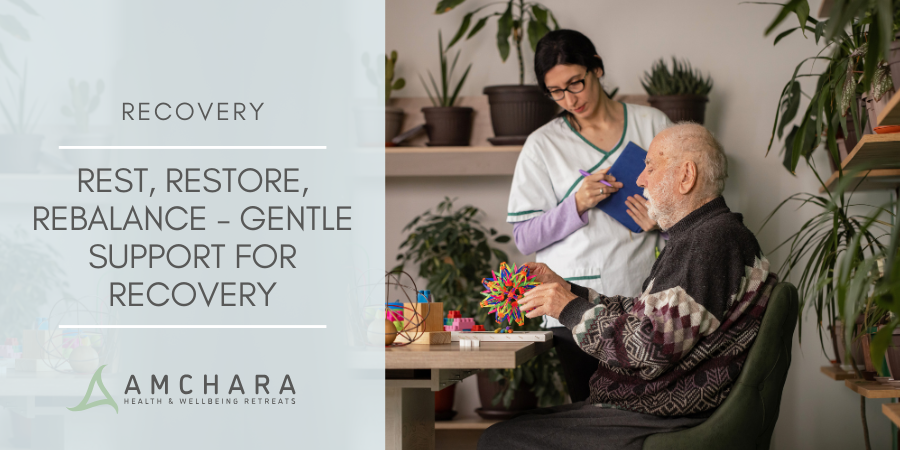Topics Covered in this article:
As our world becomes increasingly digital, it’s no surprise to most of us to learn there’s a wealth of health advice available online. In this article we’ll look at how new technology can improve access to credible information and so empower us to take control of our health.
Your virtual health assistant
As anyone who has searched online for a medical condition or a collection of symptoms will know, there is such an array of often conflicting health information on the internet it’s often tricky to know what to trust.
The latest source of health advice will be available from Amazon’s virtual assistant, known more popularly as Alexa. The device is now able to give expert health information under a partnership with the NHS. This means the official NHS website will automatically be searched whenever users ask for health related advice. Previously, the device would have searched a range of popular websites when asked questions about health issues.
With one in ten of us now owning some kind of smart speaker, this could revolutionise the way we access information on healthcare. Many people currently search for their symptoms online well before they consider visiting their doctor.
The idea behind this is to provide information on common illnesses and so reduce the burden on the NHS, which cost around £115 billion in 2018/19. It’s thought the service will also help visually impaired people to access health information on the internet. However, there could be a danger of people relying on the system for serious medical issues and avoiding seeking medical help when it’s needed. This could potentially increase the likelihood of emergency situations arising.
Virtual GPs
Alexa is not the only automated symptom checker – several websites are already in operation, developed by health experts, which employ a range of questions designed to mimic a consultation with a GP. These are not simply searchable databases of symptoms, rather they are programmed to assess risk factors alongside a data bank of symptoms from millions of other patients. The services also access research papers to provide reliable medical information on potential health issues and treatment advice.
Other providers use technology which could in the future revolutionise healthcare, for example by offering same-day video consultations with GPs for a fee, aimed at busy people who don’t want to wait or take time off work to see a doctor about minor ailments. Also offered are next day delivery of prescribed drugs.
The developers of these services also claim to be able to build up real-time profiles of patients as the user inputs information which could be linked to mobile devices such as step counters and heart rate monitors. In this way, online doctors could monitor health issues and even identify health problems before the patients themselves are aware of them, so enabling treatment to be started early.
Preventative medicine
One aspect of these online services are assessments of current health status by means of a questionnaire. The results are designed to help users stay healthy by giving practical suggestions such as positive lifestyle strategies like exercise, nutrition or stress reduction. All this reflects a greater shift towards preventative medicine than has been traditionally used within conventional healthcare.
As we search the internet, ask our virtual assistant about our symptoms or use a healthcare app to find answers to our health queries, we are taking responsibility for and control of our health. This is something the healthcare apps refer to in their marketing. In fact, the Government’s health secretary has stated his goal is to empower people to take better control of their healthcare.
With the rise in lifestyle disease such as obesity, diabetes and cardiovascular disease, access to straightforward, easy to understand information in order to reduce risk factors for these diseases could go a long way to avoiding health problems before they develop.
The future of health advice
The future of healthcare may include electronic prescribing. In other words, without a GP ever being involved, for minor ailments. Other projects in the pipeline include using artificial intelligence to analyse medical scans.
On the downside, this would remove the face-to-face contact and erode the doctor/patient relationship, which is an important factor for some people. On the other hand it could free up GPs for less routine tasks and make digital healthcare accessible for those who need it.
Conclusion
Any move towards preventative healthcare is welcome. Here at Amchara we are always focused on finding the cause of ill-health and empowering our clients to take control of their own health outcomes through a combination of nutritional awareness and lifestyle modifications.
We’re dedicated to providing you with both insightful information and evidence-based content, all orientated towards the Personalised Health approach.
Did you find this article useful?
With your help let’s continue the conversation.
Do you agree online health solutions could empower you to take charge of your health?
Please share your thoughts.
READ THIS NEXT:




